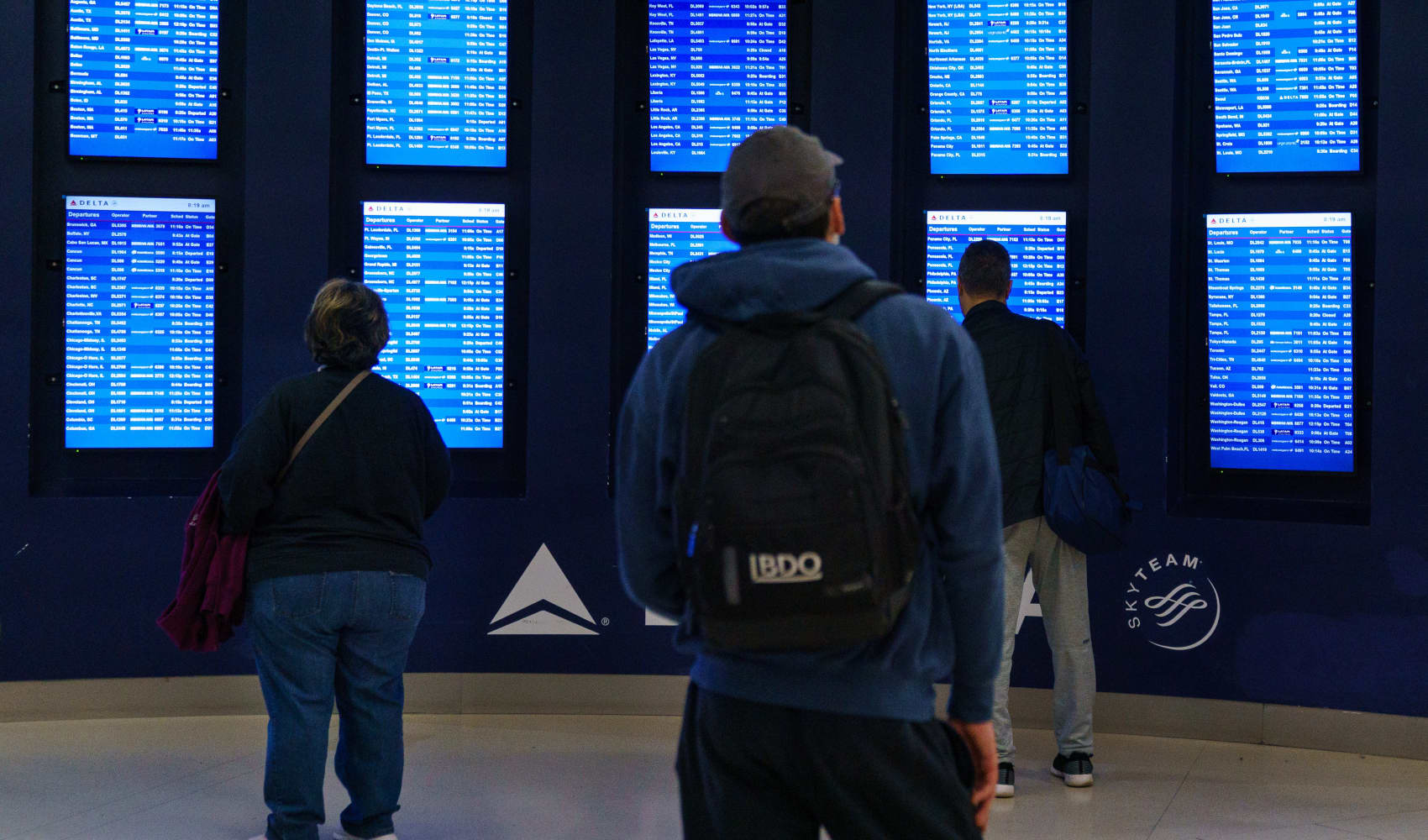
- The early data from Pfizer looked at blood samples taken from 40 people ages 18 to 55 and 40 people older than 55 who received the omicron booster.
- Both age groups saw a substantial increase in antibodies that block the BA.5 subvariant from invading human cells.
- The FDA has authorized Pfizer's boosters without direct human data on how they perform against the omicron BA.5 subvariant.
- Pfizer said it will release more immune response data in the coming weeks.
Pfizer and its German partner BioNTech on Thursday said their new omicron boosters substantially increased protective antibodies against the dominant omicron BA.5 subvariant for adults in the first direct human data released to the public on the new shots.
The study looked at blood samples taken from 40 people ages 18 to 55 and 40 people older than 55 who received the omicron booster. Both age groups saw a substantial increase in antibodies that block the BA.5 subvariant from invading human cells, according to the companies.
Pfizer also compared 40 people older than 55 who received the omicron booster with 40 people in the same age group who received a fourth dose of the first generation vaccine. The participants who received the first generation vaccine saw a limited increase in antibodies against BA.5, according to the companies.
Get top local stories in Philly delivered to you every morning. >Sign up for NBC Philadelphia's News Headlines newsletter.
The time between administration of the third dose and the omicron booster was about 11 months, while the time between the third dose and fourth dose of the first generation vaccine was six months.
The early data indicate that the safety profile of the new boosters is the same as the original vaccine, the companies said. Pfizer and BioNTech said they will release more immune response data on the shots in the coming weeks.
"These early data suggest that our bivalent vaccine is anticipated to provide better protection against currently circulating variants than the original vaccine and potentially help to curb future surges in cases this winter," Pfizer CEO Albert Bourla said in a statement.
Money Report
U.S. health authorities have approved Pfizer's omicron boosters for everyone ages 5 and up. The shots target both the BA.5 subvariant as well as the original version of Covid that first emerged in China nearly three years ago. The first generation shots were developed only against the first strain of the virus.
Health officials in the White House have said the new shots should provide much better protection against omicron than the first generation vaccines as the country faces a possible winter surge. The first generation vaccines are no longer providing meaningful protection against infection and mild illness because the virus has mutated so much.
The Food and Drug Administration authorized the omicron shots without direct human data on how they perform against omicron BA.5, which is causing most infections in the U.S. right now. The agency relied instead on human data from a similar shot developed by Pfizer against the original version of omicron, called BA.1, as well as data from animal studies that directly looked at how the shots perform against BA.5.
The FDA moved quickly to roll the shots out this fall in an effort to head off a surge of infections. As a consequence, Pfizer did not have time to collect data from clinical trials. Dr. Peter Marks, head of the FDA vaccine division, has said the agency authorized the omicron shots using the same process employed every year to update flu shots, which also normally doesn't rely on human data.






